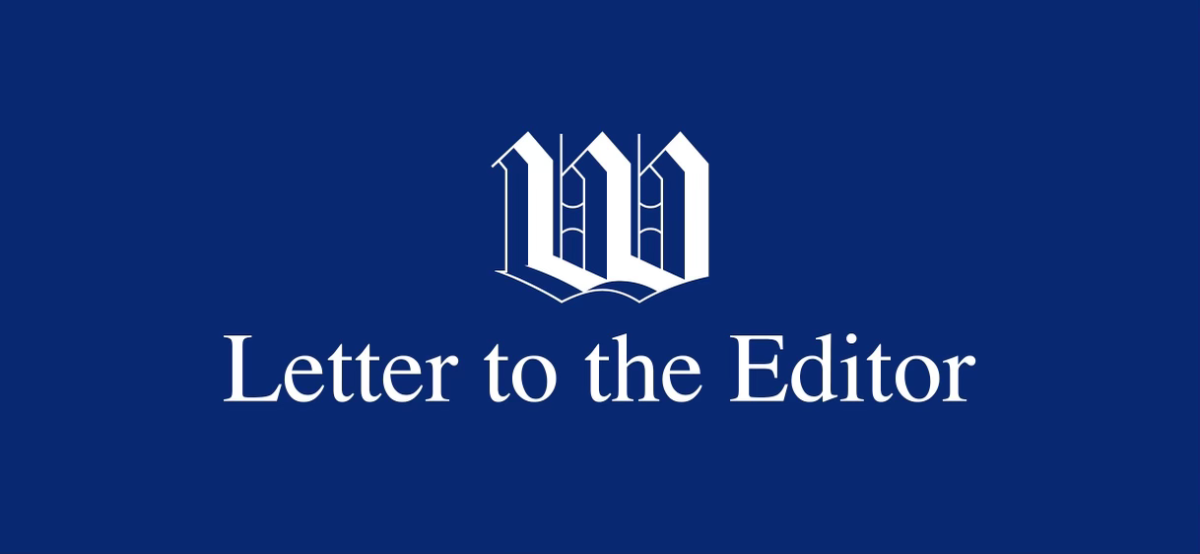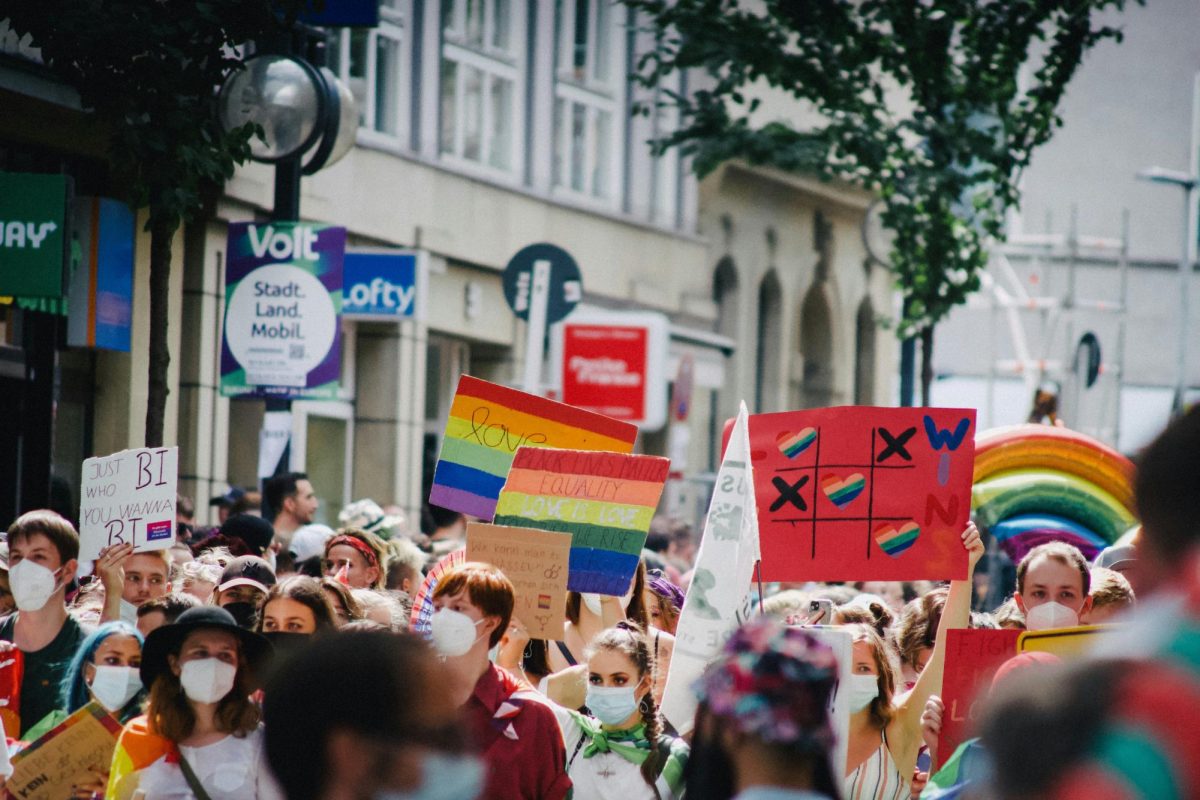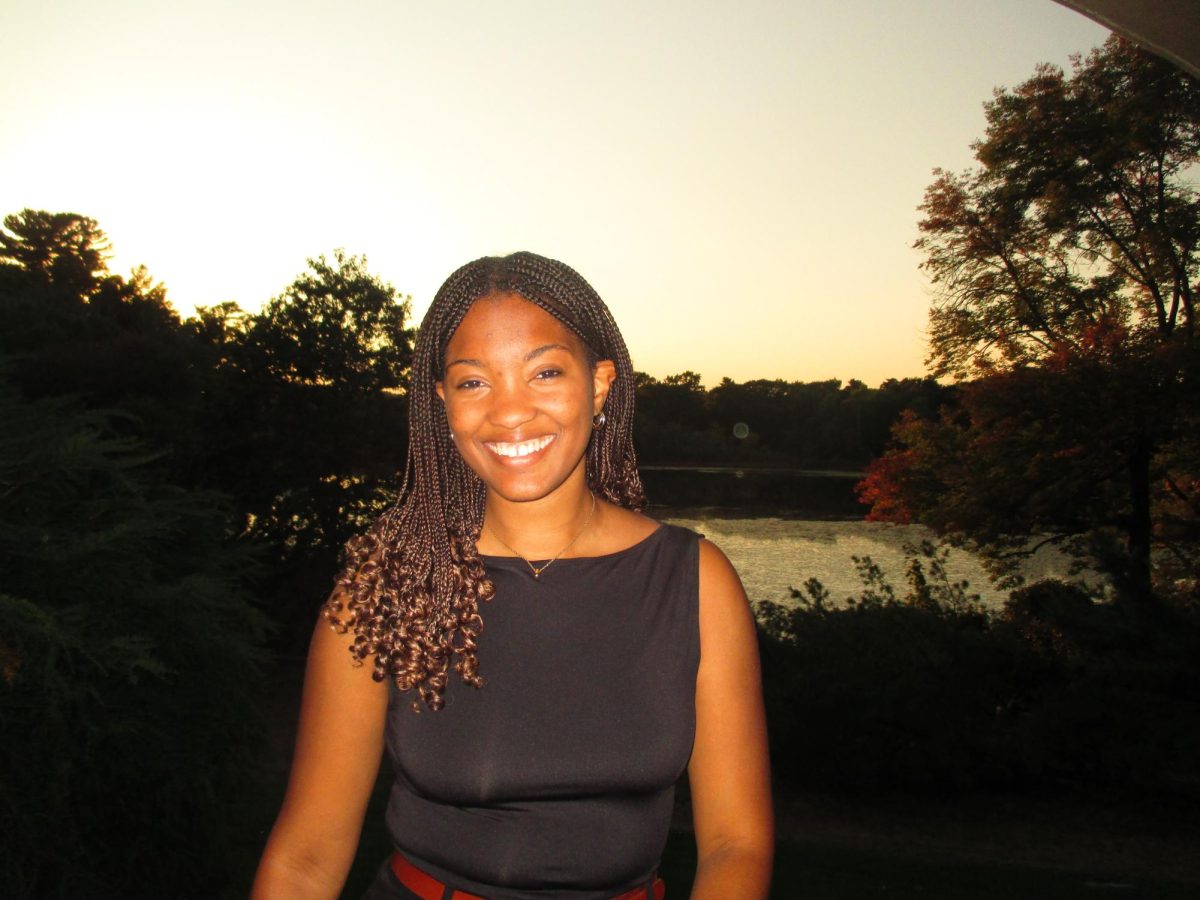With this letter, I aim to correct and respond to the recent article about the closure of the Freedom Project, in which I was quoted.
I would like to address the origin and use of the Freedom Project’s funding.
First, per Shingirai Taodzera, a former director of the Freedom Project, the Koch grant that the Freedom Project received in 2016 was a four-year grant that expired in June 2020. Other than this grant, the Freedom Project was extensively funded by Wellesley alumni and has been entirely funded by alumni for the past year. This should put to rest any fears of enduring “Koch influence” on campus, as alleged by that infamous Boston Globe article. Helpfully discussed in the Oct. 15 Wellesley News article on the Freedom Project’s closure was that the grant also had no stipulations on what kinds of speakers or ideas the Freedom Project could promote.
Second, not only did the Koch brothers’ mother, Mary Robinson Koch, attend Wellesley, but the Koch family donated significant amounts to Wellesley’s financial aid fund until her death in 1991. If my fellow students believe that the Freedom Project’s history of taking Koch money is sufficient to corroborate theories of spreading “Koch influence,” I would like to see them hold the College similarly accountable for taking Koch money. To refrain from doing so, especially with 58% of the student body receiving some form of financial aid, would be deeply hypocritical.
Third, even if it were the case that Koch money was given with the intent to sow conservatism at Wellesley, the Freedom Project’s directors did a lousy job of it. Nearly all of the speakers invited by the Freedom Project in my three years at Wellesley have been liberal, including the oft-criticized Alice Dreger. Besides, it’s unlikely anyone at the Koch Foundation even knows what autogynephilia is, much less specifically sought out Dreger in order to turn the students of Wellesley College into transphobes. I cannot remember hearing of another speaker sparking a similar level of backlash in the history of the Freedom Project, and those few speakers who have risen to this level of controversy are clearly not a part of a Koch agenda.
Further, Wellesley is in a liberal state and has an overwhelmingly liberal faculty. Its student body is so far to the left that there were not enough conservative students for the Wellesley College Republicans to remain a constituted organization after its last president, a registered Democrat, stepped down at the end of last year. There is immense social pressure to be liberal, and few avenues to discuss conservative ideas. Love them or hate them, the Kochs are smart investors. They had to have known, given their opposition to climate change legislation, that it would have been a more effective realization of their goals to set a pile of money on fire than to attempt to turn the students of Wellesley College conservative.
I disclosed all of this to the Wellesley News during a recorded interview. I am unsure why it did not end up in the final article.
My other response is about whether Freedom Project lectures had a sufficient diversity of perspectives. Per Jo Sehon ’19, as quoted in the Wellesley News, “the goal of ‘freedom of speech’ is sort of a cover for the real goal of putting right wing opinions on a pedestal where they can’t be criticized rationally … But the Freedom Project isn’t about listening. It’s not about critical thinking.” This sentiment is echoed by several others quoted in the original article — I do not mean to single out Sehon, but rather use their words to characterize this particular stance taken by opponents of the Freedom Project.
First, to echo my previous point, very few speakers invited by the Freedom project were in any way “right-wing.” Sehon also specifically mentions Dreger as an example, who, as I have already mentioned, is not right-wing.
Second, this sentiment displays an astonishing ignorance about the format of most Freedom Project lectures. Many of these lectures — including Dreger’s second visit — were in a debate format, in which a variety of viewpoints were presented. Every lecture was also followed by an extensive Q&A session, during which students and faculty were encouraged to question and comment upon the speaker’s lecture. Neither of these formats puts the speakers’ views on a pedestal. If anything, the latter actually privileges students’ opinions by treating us as intellectual agents capable of critiquing experts in their fields. Both formats certainly encourage “rational criticism,” either by students or by experts, so long as one believes that Wellesley students are capable of thinking rationally and critically. It is unclear whether the Freedom Project’s critics believe this, or whether they mistake agreement with critical thinkers for critical thought itself.
Third, the criticism that lectures are too one-sided is only ever applied to Freedom Project lectures. I have never heard any student express such a view about a non-Freedom Project lecture, including those sponsored by academic departments or by the administration, which unlike those sponsored by the Freedom Project could plausibly be interpreted to represent the administration’s views. Where are the demands for conservative counterpoints when Wellesley’s academic departments invite leftist lecturers to campus, the accusations that such lectures are beyond “rational criticism?” In these cases — but not with the Freedom Project — students seem to recognize that the opportunity to criticize what one hears without being spoon-fed rebuttals is a stronger intellectual exercise than witnessing a debate. This is also how most of our classes are conducted: we read a piece and develop our own critiques of it. I believe my fellow students are intelligent enough to interrogate the views they hear on their own. I don’t believe that my own view must always be represented, or that a lack of representation of liberal views in general constitutes an assault on critical thought. Even if the pedestal Sehon observes is merely beyond my view, I do not know why its presence is problematic.
For all of my time at Wellesley, the Freedom Project has been a home for me. It was one of the only places on campus where I could discuss exciting ideas without fear of social repercussions, and where I could be exposed to people of radically different backgrounds and beliefs than mine. The Freedom Project was the place not only where I felt most consistently pushed to critically think, but the place where I was able to apply my critical thinking skills to the real world. The closure of the Freedom Project is a significant loss for Wellesley’s intellectual community, and I mourn it greatly.





